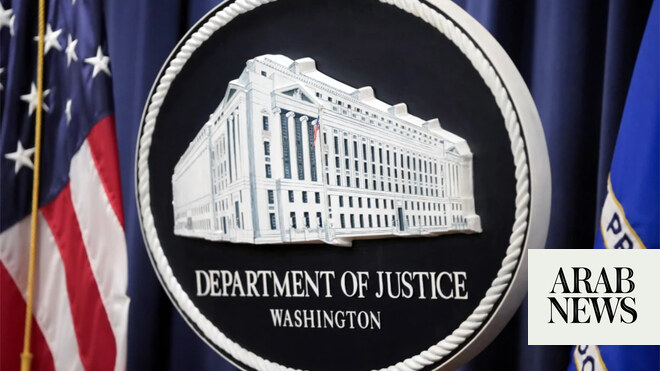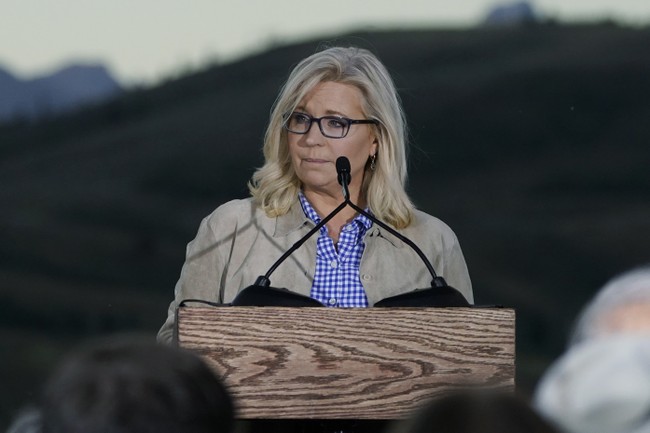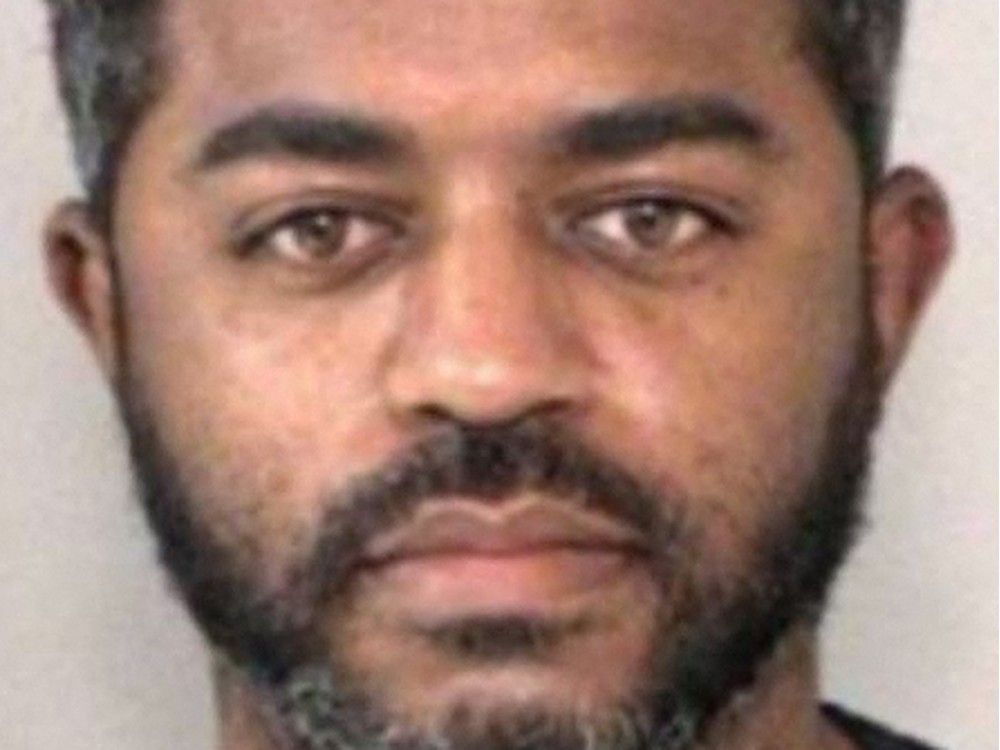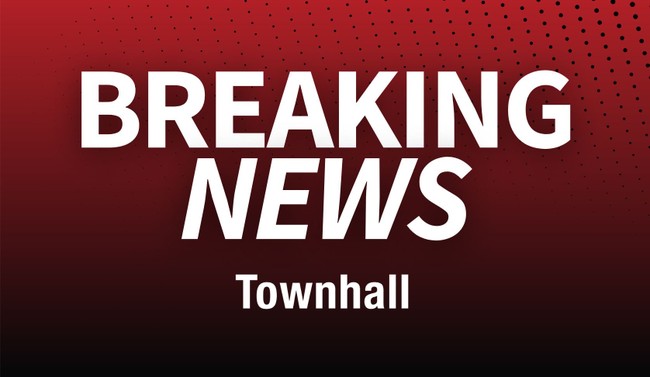Tensions Rise Over Federal Election Monitoring
A contentious debate unfolds as Republican-led states resist federal election oversight just as the nation heads into a pivotal Election Day. What does this mean for voter rights?
Published November 06, 2024 - 00:11am

Image recovered from arabnews.com
As the U.S. gears up for a significant election involving a tightly contested race between Democratic nominee Kamala Harris and Republican nominee Donald Trump, a storm is brewing over election monitoring practices. The Department of Justice (DOJ) has deployed federal election monitors across 86 jurisdictions in 27 states, a move aimed at ensuring compliance with federal voting laws. However, this longstanding practice is being met with resistance from several Republican-led states.
In Missouri, Secretary of State Jay Ashcroft, alongside Attorney General Andrew Bailey, has mounted a legal challenge against the DOJ's plans, specifically targeting the presence of federal monitors in St. Louis. The state argues that the presence of DOJ officials at the polls constitutes illegal interference, despite a 2021 settlement where the St. Louis Board of Election Commissioners agreed to cooperate with monitoring efforts to ensure accessibility for voters with disabilities. This settlement is central to the Justice Department's insistence on observing the polls, maintaining that compliance with federal voting rights is paramount.
In Texas, Attorney General Ken Paxton has taken a similar stand, asserting that state laws clearly define who may be present within polling sites. Texas law, as cited by Paxton, does not authorize federal monitors to access these sites, thus prompting a lawsuit seeking to enjoin the DOJ from executing its oversight plan. The legal tussles underscore a broader tension over state versus federal authority in election oversight, a debate intensified by previous allegations of voter fraud that remain unsubstantiated yet influential in shaping current electoral policies in Republican circles.
Florida, under Secretary of State Cord Byrd, has echoed similar sentiments, indicating that only state-sanctioned individuals are permitted within polling places. This move, Byrd argues, is to safeguard the state's election integrity against perceived federal overreach. Nonetheless, the DOJ remains steadfast in its mission to protect voting rights under laws such as the Voting Rights Act, utilizing its monitors to deter voter intimidation and suppression. This federal involvement is seen as vital given the heightened scrutiny and contentious climate surrounding the 2024 elections.
Despite resistance, cases such as the DOJ's agreements in Miami-Dade and Broward counties in Florida display cooperative frameworks aimed at ensuring fair elections. Parallelly, the DOJ has faced criticism from officials like Missouri Voter Protection Coalition's Denise Lieberman, who posits that the state's energies would be better invested in making elections accessible rather than obstructing federal oversight intended to enforce compliance with established voting rights laws.
As the legal battles unfold, they point to a deep-seated divide over election control and the legitimacy of federal intervention. The ramifications of these lawsuits are significant, with potential implications for voter access and the integrity of the election process courts now determining whether state authority can preclude federal presence designed to protect electoral rights.
This brewing conflict has further fueled security concerns, evidenced by rumors of supposed threats to the electoral process, including voter suppression and intimidation tactics reported across the nation. Allegations have included incendiary accusations of unlawful voting by undocumented immigrants and anxieties about potential violence from extremist factions, stoked by ongoing conspiracy theories about rigged elections derived from the contentious 2020 Presidential election.
With federal and state interests colliding, the outcome of these disputes will not only define the immediate eligibility of monitors but possibly shape future electoral protocol. At the heart of this conundrum is a broader question regarding the balance of power in election oversight—a question that continues to polarize the American political landscape.







